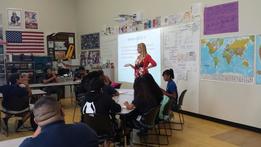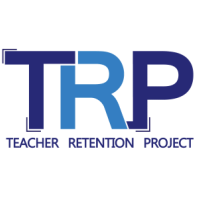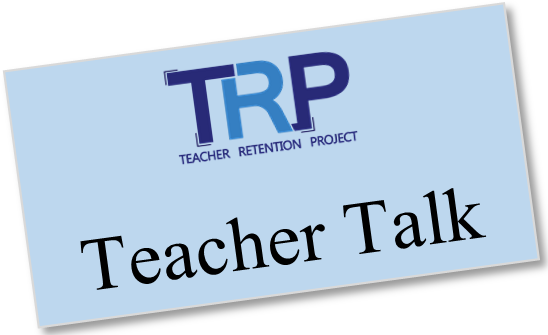
Tips to Work with Resource Teachers
1. Create A Routine: It is easy to get caught up in the daily classroom hustle and lose touch with resource teachers. But with their heavy caseloads, it is essential that general educations teachers reach out regularly. Schedule a weekly day where you’ll commit to check in by email or in person. Making this communication a routine will make the communication more natural and effective.
2. Be Proactive: It is easy to wait until an IEP meeting to suggest changes or adjustments. However, students and staff benefit from you documenting your concerns and proposing changes to an IEP as soon as you see a need.
3. Share Curriculum: I have always found resource teachers are eager to help reinforce my content by incorporating information into students’ small group writing and reading time. By sharing unit plans, essential questions or key vocabulary for the month, resource teachers can reinforce information and students can gain better understanding.
How To Help Students In General Education Classrooms:
1. Divide and Conquer: Every student receiving special education services has such diverse and individualized needs. It can feel overwhelming for one teacher to try to determine best techniques by themselves. Make it a weekly habit to check in with colleagues in your department to see what strategies they’re using with each kid. Sharing these techniques and findings will help bring stability and uniformity to these students’ routines.
2. Provide Choices Often: Any student wants to have the chance to feel successful. Sometimes Special Needs students struggle to articulate their wants and needs. By giving them small choices ranging from the way they demonstrate mastery to the order they tackle an assignment can help them feel empowered and capable.
3. Give Them Leadership Roles: It can feel easy for students with special needs to become isolated from peers, especially if they miss extensive class time for pull out resources. Make sure they are active in the classroom by allowing them to pass out papers, distribute supplies, or lead small groups.
4. Focus on Growth: It can be easy for students with special needs to focus on the ways that they are inadequate or behind their peers. However, it is imperative that these students recognize their individual strengths. Rather than focusing on mastery or specific letter grades, focus on growth. Celebrating students’ progress in skills that are difficult for them is critical.
Written by guest blogger Christie Megura, 7th and 8th Grade History Teacher for NFL-Yet Academy.


 RSS Feed
RSS Feed